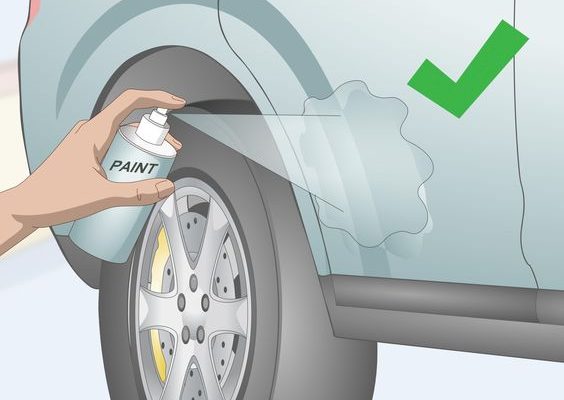3 Ways to Prevent Rust on Your Car

Introduction:
Rust is a common problem for car owners, especially in areas with high humidity or frequent rain. It can deteriorate the structure of your car and decrease its value. Fortunately, there are several ways to protect your car from rust and prolong its life. In this article, we will discuss three effective methods to prevent rust on your vehicle.
1. Regular Washing and Waxing:
One of the easiest ways to prevent rust is by keeping your car clean. Washing your car regularly, at least once every two weeks, helps remove dirt, dust, and other contaminants that facilitate rust formation. Pay special attention to the underside of your car, where mud and salt can accumulate and cause corrosion.
After washing your car, apply a high-quality wax to create a protective barrier between the metal surface and external elements. Waxing should be done at least twice a year – before winter and after winter for maximum protection.
Tip: Use a soft-bristle brush or power washer to clean hard-to-reach areas like wheel wells and undercarriage.
2. Inspect for Scratches and Paint Damage:
Scratches and chipped paint expose the bare metal beneath, making it vulnerable to rust formation. Promptly addressing these issues is crucial for rust prevention.
When you notice a scratch or paint damage on your car’s surface, use touch-up paint or sealant to cover the affected area. For small scratches, a clear coat pen can do the trick. For larger areas of paint damage, it is advisable to consult an automotive professional.
Tip: Conduct regular visual inspections of your vehicle’s exterior for any signs of damage or potential rust.
3. Rustproofing Treatment:
Rustproofing treatments can provide an additional layer of protection against rust formation on your vehicle’s surface. There are several types of rustproofing options available in the market, such as undercoating, electronic rust protection, and spray-on rust inhibitors.
Undercoating is a black, tar-like substance sprayed onto the undercarriage of your car. It creates a protective barrier that prevents moisture, dirt, and debris from causing rust. Electronic rust protection, on the other hand, uses a small device that emits an electric current to inhibit rust formation. Lastly, spray-on rust inhibitors can be applied to your vehicle’s exterior panels to prevent water and moisture from reaching the metal.
Tip: Consult a professional for proper rustproofing treatment tailored to your car’s specific needs.
Conclusion:
Preventing rust is key to maintaining the structural integrity and value of your vehicle. By following these simple methods – washing and waxing frequently, inspecting for paint damage regularly, and applying appropriate rustproofing treatments – you can keep your car in top-notch condition and avoid costly repairs down the line. Happy driving!






